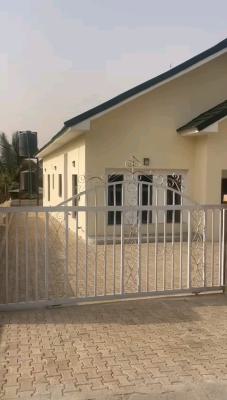Detached Bungalows for Rent in Idu Industrial, Abuja
Quick Filters
Bedrooms Subtypes Areas Areas
1
3 bedroom detached bungalow for rent
By Nizamiye Hospital, Idu Industrial, Abuja ₦7,000,000 per annumWhat is the average price of detached bungalows for rent in Idu Industrial, Abuja?
The average price of detached bungalows for rent in Idu Industrial, Abuja is ₦7,000,000 per annum.
What is the price of the most expensive detached bungalows for rent in Idu Industrial, Abuja?
The price of the most expensive detached bungalows for rent in Idu Industrial, Abuja is ₦7,000,000 per annum.
What is the price of the cheapest detached bungalows for rent in Idu Industrial, Abuja?
The price of the cheapest detached bungalows for rent in Idu Industrial, Abuja is ₦7,000,000 per annum.
How many detached bungalows for rent in Idu Industrial, Abuja are available?
There are 1 available detached bungalows for rent in Idu Industrial, Abuja.
You can view and filter the list of property by price, furnishing and recency.

